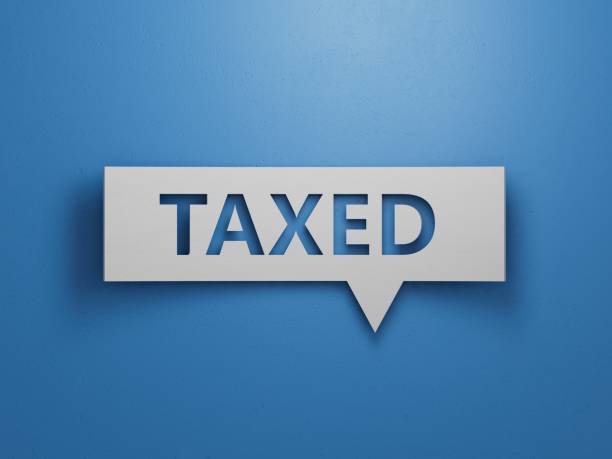A bill that would require public employees’ private information to be shared by his or her employer has passed the state’s House of Representatives and the necessary committees to seek full Senate consideration in the Washington state Legislature. House Bill 1200 should be ignored or receive swift rejection.
The bill would require public employers to provide employees' personal information to exclusive bargaining representatives at regular intervals. If the employer has the information in the employer's records, the bill says that the information provided must include:
the employee's name and date of hire;
the employee's contact information, including cellular, home, and work telephone numbers; work and the most up-to-date personal email addresses; and the employee’s home address or personal mailing address; and
employment information, including the employee's job title, salary or rate of pay, and work site location or duty station.
If an employer fails to provide an employee’s personal information, the exclusive bargaining representative may bring a court action to enforce compliance and the court may order the employer (that would be taxpayers) to pay costs and reasonable attorneys' fees incurred by the exclusive bargaining representative.
This invasion of privacy isn’t OK. Not all workers want to be contacted whenever and however a union wants to contact them, but this legislation might give them no choice about that or about what kind of personal, not just work, information was given.
Even if unions don’t believe they already have sufficient access to workers (they do), a worker should be able to decide if he or she wants personal information given to a larger audience. Public employers already let new employees know how to access union representation, and if they want more information from a union they can seek it out. Workers themselves, of course, can always share their personal information.
The bill is unnecessary and kinda creepy. Public employers have extensive access to employee information. It’s no wonder law enforcement officers have strong privacy concerns with the bill. Teachers might, too. And anyone who has been a union-represented employee but who doesn’t always agree with a union knows that life can get uncomfortable if you’re seen as someone who opposes a union’s workplace or political ideas.
There is no need for a law that invades worker privacy in this way. Let’s hope Senate leaders steer clear of the favor for unions.






